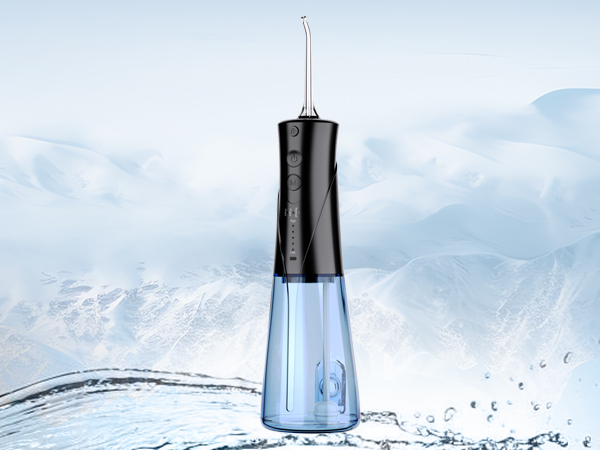An oral irrigator, also known as a water flosser, can provide relief for discomfort associated with specific oral conditions. While irrigating with gentle solutions typically does not induce pain, it does not substitute brushing. Untreated oral diseases can lead to persistent bacterial growth, potentially worsening pain.
Gingivitis: When patients have gingivitis or periodontitis, bacteria accumulate around the gums, forming gum abscesses. Using an oral irrigator can accelerate the discharge of pus and apply pressure to the gums during irrigation, which may alleviate pain.
Periodontitis: In cases of periodontitis, bacterial stimulation of periodontal tissues can cause gum recession and alveolar bone absorption. Using an oral irrigator can enhance blood circulation in the periodontal tissues, to some extent reducing inflammation and alleviating pain.
Apical Periodontitis: In cases of apical periodontitis, bacteria reproduce within the pulp cavity. Using an oral irrigator can expel inflammatory substances from the pulp cavity, which may alleviate toothache. However, if inflammation is not controlled, the oral irrigator may not completely flush out inflammatory substances, potentially worsening pain.
Pericoronitis: In cases of pericoronitis, using an oral irrigator can flush out food debris and bacteria around impacted wisdom teeth, accelerating inflammation reduction. However, using an oral irrigator alone may not achieve complete anti-inflammatory effects and may cause discomfort.
Additionally, for conditions such as dental caries or pulp necrosis, relying solely on an oral irrigator may not effectively address bacterial proliferation. Therefore, timely professional intervention and treatment are recommended for managing oral health issues effectively.

